|
If you're scrolling through social media, you may as well learn something! The accounts below include contain helpful resources and validation. Though Instagram is no replacement for therapy or a deeper dive via a book or class, getting these little reminders can still comfort.
P.S. still use that screen time limit tool!
0 Comments
We could all use a little psychoeducation -- aka information on our thoughts, feelings, unconscious, and relationships. Below are 10 great reads for better understanding attachment, trauma, community, conflict, and ourselves that I recommend to my clients as a therapist in Oakland, CA.
A Spotify playlist with some of my favorite recorded meditations. I can't stress enough the transformative power of establishing a regular meditation practice--and recorded meditations make it easier!
A Spotify playlist with some of my favorite podcast episodes on managing emotional dysregulation and understanding our nervous systems. These are episodes I recommend again and again as a therapist in Oakland, CA.
A Spotify playlist with some of my favorite podcast episodes on sex! These are episodes I recommend again and again as a couples therapist in Oakland, CA.
A Spotify playlist with some of my favorite podcast episodes on masculinity. These are episodes I recommend again and again as a therapist in Oakland, CA.
“To indoctrinate boys into the rules of patriarchy, we force them to feel pain and to deny their feelings.”
― bell hooks,
A Spotify playlist with some of my favorite podcast episodes on attachment theory. These are episodes I recommend again and again as a couples therapist in Oakland, CA.
A Spotify playlist with some of my favorite podcast episodes on relationships--some as short as just a few minutes! These are episodes I recommend again and again as a couples therapist in Oakland, CA.
A Spotify playlist with some of my favorite podcast episodes on communication. These are episodes I recommend again and again as a couples therapist in Oakland, CA.
I believe therapy can be a space for insight, a space for feeling heard and understood, a space to process certain experiences, a space for you to be you. Therapy can also be a space to explore what shifts you want to make in your day-to-day life including building a better sense of who you are, soothing anxiety, increasing emotional regulation, and working on broader life goals.
In order to make those changes, you have to make shifts. You need to focus your attention on your intention to change. |
AuthorStephanie Bain, LMFT Archives
April 2024
Categories
All
***Resources are not a substitute for therapy and are not intended for making diagnoses or providing treatment. Not all practices and tools are suitable for every person. Please discuss exercises, practices, and tools with your individual therapist or health care provider.
|
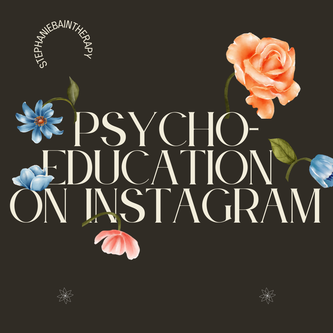

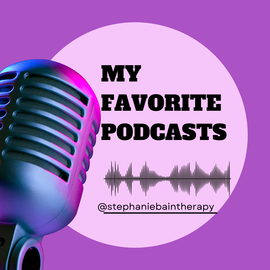
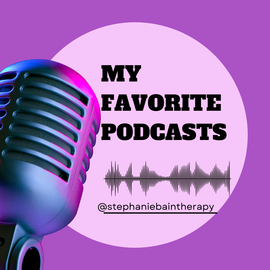
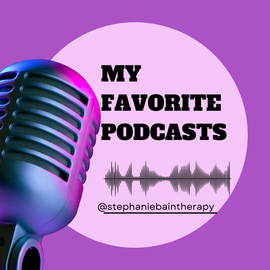
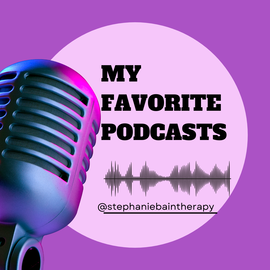
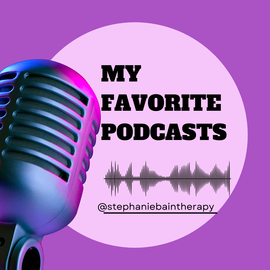
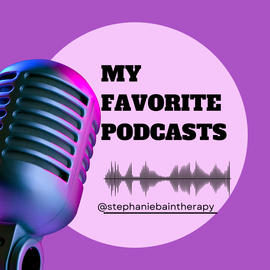
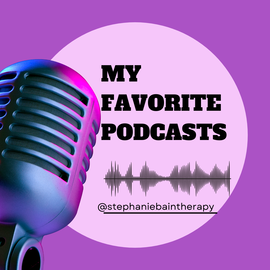
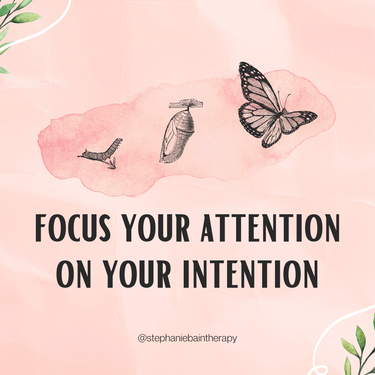

 RSS Feed
RSS Feed